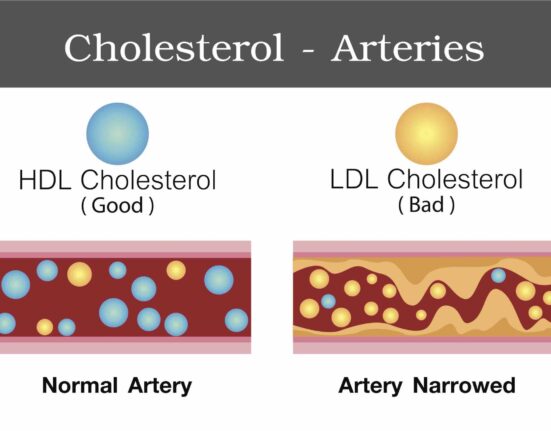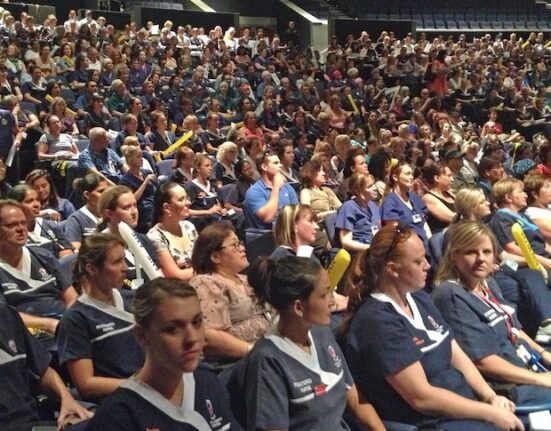The latest Medical Schools Outcomes Database report has unveiled an encouraging trend among medical students – a growing interest in pursuing careers in rural and remote areas. This shift in preference towards rural generalism is seen as a positive development by healthcare experts and policymakers alike.
With over 34,000 students participating in the report, it provides valuable insights into the future of medical education and workforce dynamics. The data indicates that approximately one-third of students expressed a desire to practice outside major metropolitan areas, with a specific focus on rural or remote locations.
One of the key drivers behind this inclination towards rural practice is the exposure gained through training placements in underserved areas. Students who engaged in rural placements for extended periods showed significantly higher levels of interest in working in rural settings. This highlights the pivotal role that hands-on experience plays in shaping career aspirations.
According to RACGP rural chair Professor Michael Wright, the increasing intent to work rurally is a promising sign amidst ongoing healthcare workforce shortages. He emphasized the critical role played by universities with robust rural programs in inspiring and preparing future doctors for careers in rural medicine.
In Professor Wright’s words,
“It’s good to see that some universities are stimulating more medical students to seek a career in a rural area through effective rural programs. The evidence shows that quality exposure to rural practice during training significantly influences students’ career choices.”
While there is a rise in interest towards rural practice, there has been a decline observed in medical students opting for general practice overall. Professor Wright noted that many students explore various specialties before considering a path towards rural generalism.
He pointed out,
“The data underscores the importance of universities focusing on providing substantial rural placements and exposure during training as it yields positive outcomes. This report offers valuable guidance to policymakers on strategically investing new resources and student placements where they can have the most impact.”
The findings from the report not only underscore the shifting preferences among medical students but also highlight the need for continued efforts to support and incentivize careers in rural healthcare. As more aspiring doctors express enthusiasm for serving communities outside urban hubs, nurturing this interest through tailored educational experiences will be crucial for addressing healthcare disparities across regions.
In conclusion, as medical education adapts to meet evolving healthcare needs, fostering a new generation of doctors passionate about practicing medicine beyond city limits holds immense promise for enhancing access to quality care where it’s needed most – in our nation’s countryside.









Leave feedback about this